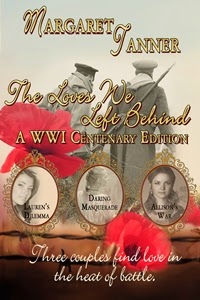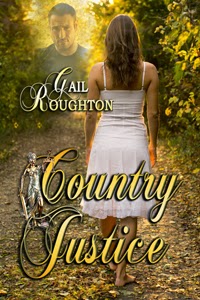I took many writing courses and bought
just about every book I could find on writing when I was an aspiring writer. In
the classes and in most books I was told to write about what I knew. I had to
experience life before I could write about it. I also found out that to
compensate for lack of knowledge many writers do months of research to get an
understanding of the subject they want to write about. They learn what a lawyer
would say in court or what a pilot would do in a certain situation.
But it is the hard emotion that goes
with any experience that is hard to duplicate. We have all been scared, but how
many of us have felt a deep-seated fear that is immobilizing? We have all felt
sadness, but how many of us have had our sadness lead to depression and
suicidal thoughts? Experiencing the emotions make it almost effortless to write
about them in an authoritative voice.Plus, living a certain lifestyle makes it easier to describe that way of life. Many writers do dredge up life’s trauma to make their writing more believable. And many authors have turned their unusual upbringing into bestselling fiction and non-fiction. Take for example, the non-fiction bestseller Angela’s Ashes by Frank McCourt. To make up a childhood like Frank’s would be tough for someone who has not lived it.
When I was doing my assignments for class I tried to write about what I knew but it was hard to make something exciting out of something so boringly normal. So I wrote the following poem.
seldom even fought. I was not
abused, not emotionally,
physically, mentally.
I was never raped.
I was not kicked
out of the
house.
I
did not
live on the
streets. I do not
smoke. I don’t do drugs.
I’ve never had a merciless,
pounding hangover. I have not
been in an accident. I have not had a
serious, debilitating, life-threatening illness.
I am no minority.
I am not disabled.
I have no physical
deformity. I have
not been a victim
of a crime, nor am
I a shady criminal.
I have not been discriminated against.
I am not a lesbian. I am not gay.
I am not too skinny nor am
I overweight. I have not
loved and lost; I have
not lost a loved one
I am not too tall
or too short.
I
certainly
do not stand
out in a crowd.
I have not, at all
been very noticeable
With such an ordinary, tedious
mundane, uneventful life, how will
I ever be able to write about what I know?
My first published article was about an injured hawk my son and I had found alongside the highway and how we looked after it for a few days until it was able to fly away. Then I tried historical and travel articles. I progressed into travel books, writing seven about what there is to see and do along the roads of British Columbia, Alberta, the Yukon, and Alaska.
I have loved reading mysteries since I was a child so I decided to try my hand at a mystery novel. Since I knew about travel writing, I made my main character a travel writer. She gets drawn into solving murders while researching places for her travel articles.
So my experiences have made it possible for me to write about what I know.
http://www.facebook.com/writingsbyjoan
Illegally Dead
The Only Shadow In The House
Whistler's Murder
http://www.amazon.com/dp/B00PEOSJR8




.jpg)












.jpg)






